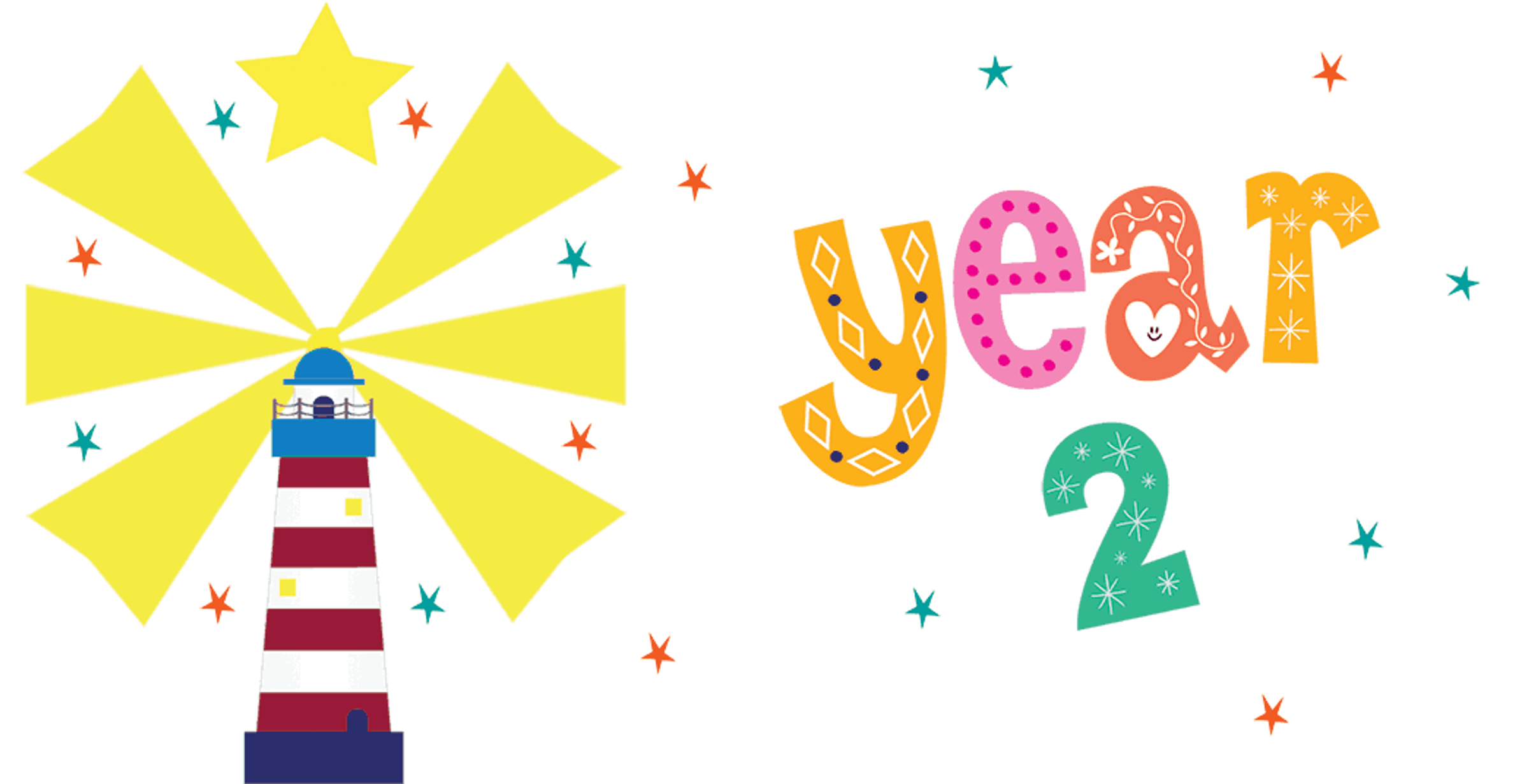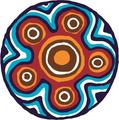Year 2 Term Overview

Dear Year 2 Families,
Welcome back for Term 3. Well done on once again jumping back into remote learning and assisting your child to navigate this. We have all shown how adaptable we can all be and the support that has been given to our students at home is greatly appreciated. We know that this can also be a difficult time for many families so please do not hesitate to reach out to us if you need to.
Curriculum:
Literacy
Reading is a major focus in Year 2. The aim of our reading program is to develop your child as a balanced reader - being able to decode (say) the words on the page, comprehend (understand) what they are reading and to read fluently with phrasing (reading smoothly using the punctuation). Students are really enjoying reading a variety of text types while exploring strategies such as predicting, visualising, questioning, summarising and critiquing. Students will also begin to explore reading through looking at the way the authors use ideas, sentence fluency, conventions, word choice, presentation, voice and organisation when creating texts. They will participate in guided reading sessions, reading conferences, buddy reading and independent reading.
We are exploring how to write persuasive and narrative texts using the 6+1 writing traits. Students will go through the whole writing process - collecting ideas, planning, drafting, revising, editing and publishing with each text type. We will also have a handwriting focus each week. The focus in grammar will be on using capital letters correctly, parts of speech (nouns, pronouns, verbs), adding affixes to base words, compound words, conjunctions, punctuation and exploring a variety of spelling strategies.
Numeracy
This term, we are looking at mapping through investigating maps and photographs of significant places, such as our school. Students will learn about the features of a clock through a time unit and practice telling the time to the hour, half past, and quarter past/to. Students will continue to practice reading a calendar as well as exploring the months and seasons of the year. We will continue to have a big focus around the big ideas of place value with a 3 week unit of work being dedicated to place value this term in addition to the weekly learning experiences that will occur throughout the term. We will also be exploring addition and subtraction strategies. In addition, our problem solving lessons will continue where students apply their maths knowledge and skills to solve real world problems.
Inquiry
We will begin our inquiry unit this term with Our Land Our Stories as part of NAIDOC week as part of a larger geography unit. Students have been really excited about our school Wominjeka! Book and are really excited to share this with you. As part of the geography unit students will be looking at local names and places as we explore our driving question: How does Indigenous culture educate others about significant places? Students will work in collaborative groups as they explore Indigenous culture and investigate significant places while collecting and recording data, and presenting their knowledge to others.
Ways to Help Your Child At Home:
Home Reading - The expectation is for your child to read their take home book 5 nights a week, answer some comprehension questions that an older family member asks them (see the Tips sheet in the Homework book) and record the title, date and a comment in the yellow reading journal themselves. Take home books are for enjoyment and for your child to practise their reading strategies, and are not meant to be a challenging task for your child. As such, students will be taking home books that are a level below their instructional reading level.
Learning Goals - Your child’s individualised learning goals are listed on Compass (starting at the end of Week 3). There is a reading goal, a math goal, a writing goal and an Inquiry or SEL (social and emotional learning) goal for your child. Please read these and support your child by going through the suggested strategies to help at home. These goals are changed every three weeks, and you will also be informed of your child’s achievement of these goals.
Spelling - Once we resume our SMART spelling program, your child will bring home a spelling list each week in their Homework book. They need to practise their 5 words by completing one task at home each night. Spelling is a big focus in grade 2 and we are really focusing this term on students transferring their spelling knowledge to their writing. Completing a different spelling activity each night will assist your child in this.
Read for Pleasure - find some time to regularly read a book to or with your child for pleasure. Make it a quiet, cosy, happy fun time so that your child sees that reading is more than just having to ‘do a task’ - it’s FUN.
Fruit Snack- a friendly reminder to make sure you pack a fruit snack for your child, this can be fresh fruit or vegetables. Food such as chocolate yogurt, fruit juices, string cheese and muesli bars are snack time foods and not fruit break foods.
We look forward to working with you and your child this year. Please come and see your child’s teacher if you have any questions or concerns. After school is best for a quick chat, otherwise send your child’s teacher an email to set up an appointment time for a longer chat.
Rachael, Skye, Crystal, Sharnie and Anne
